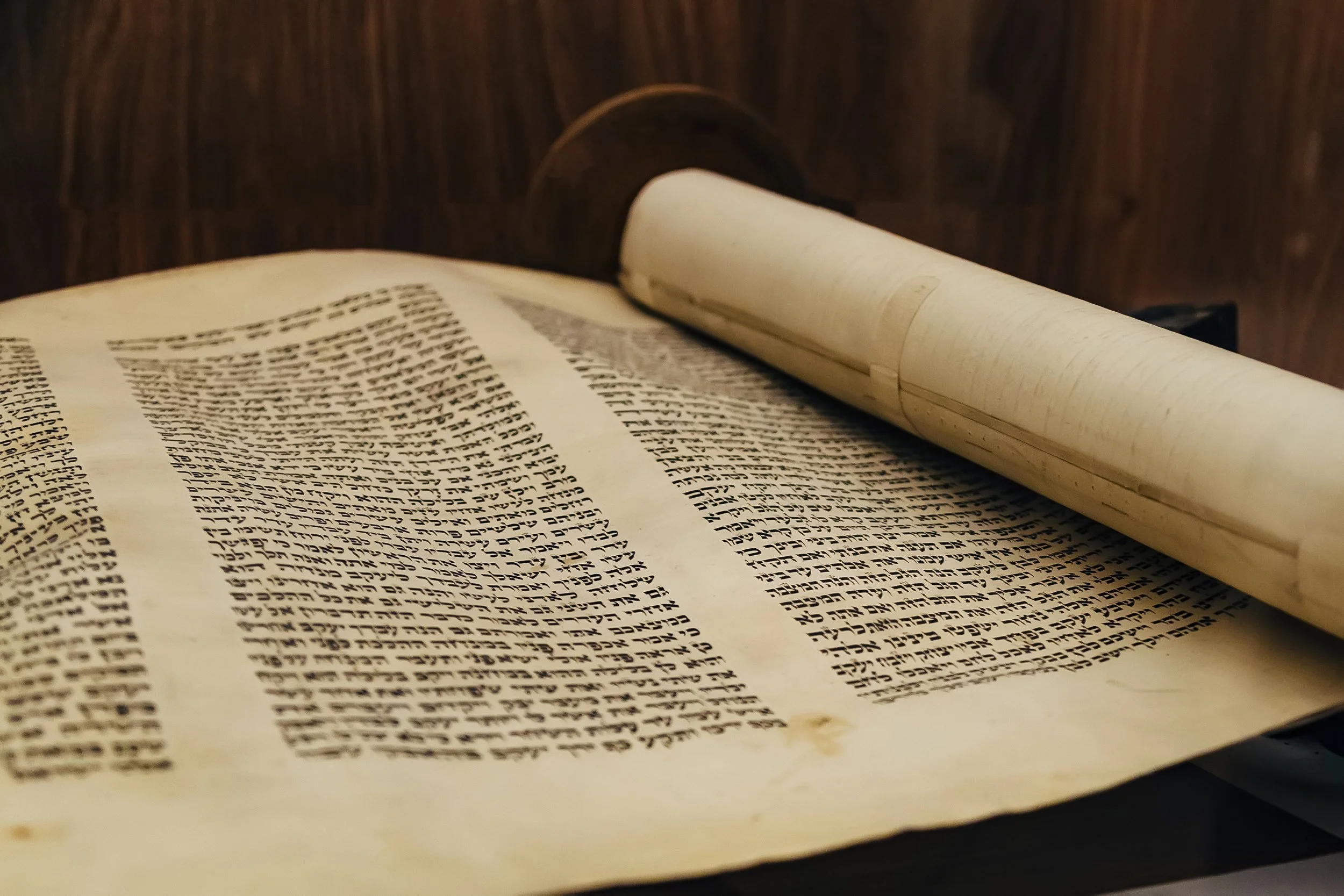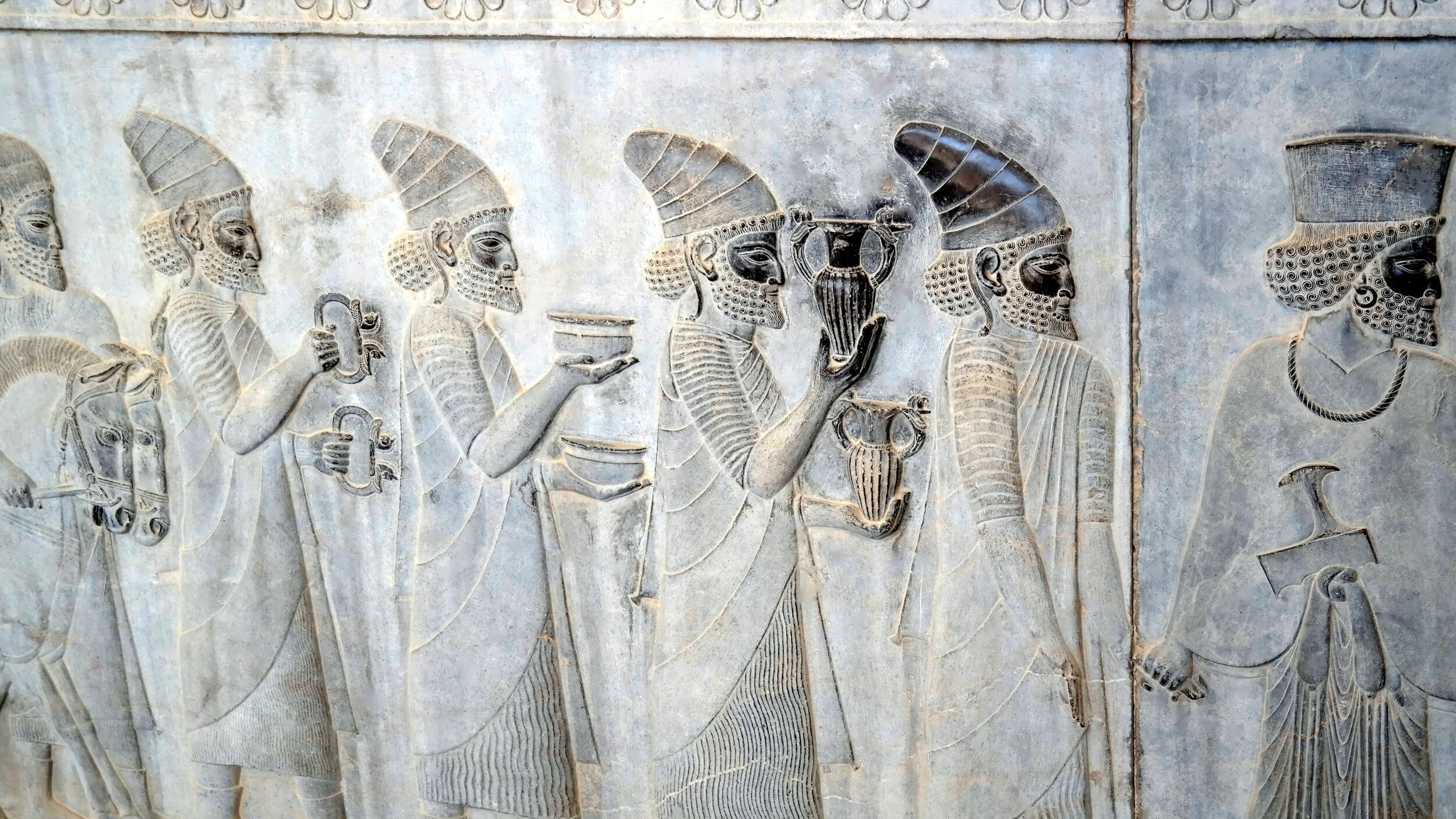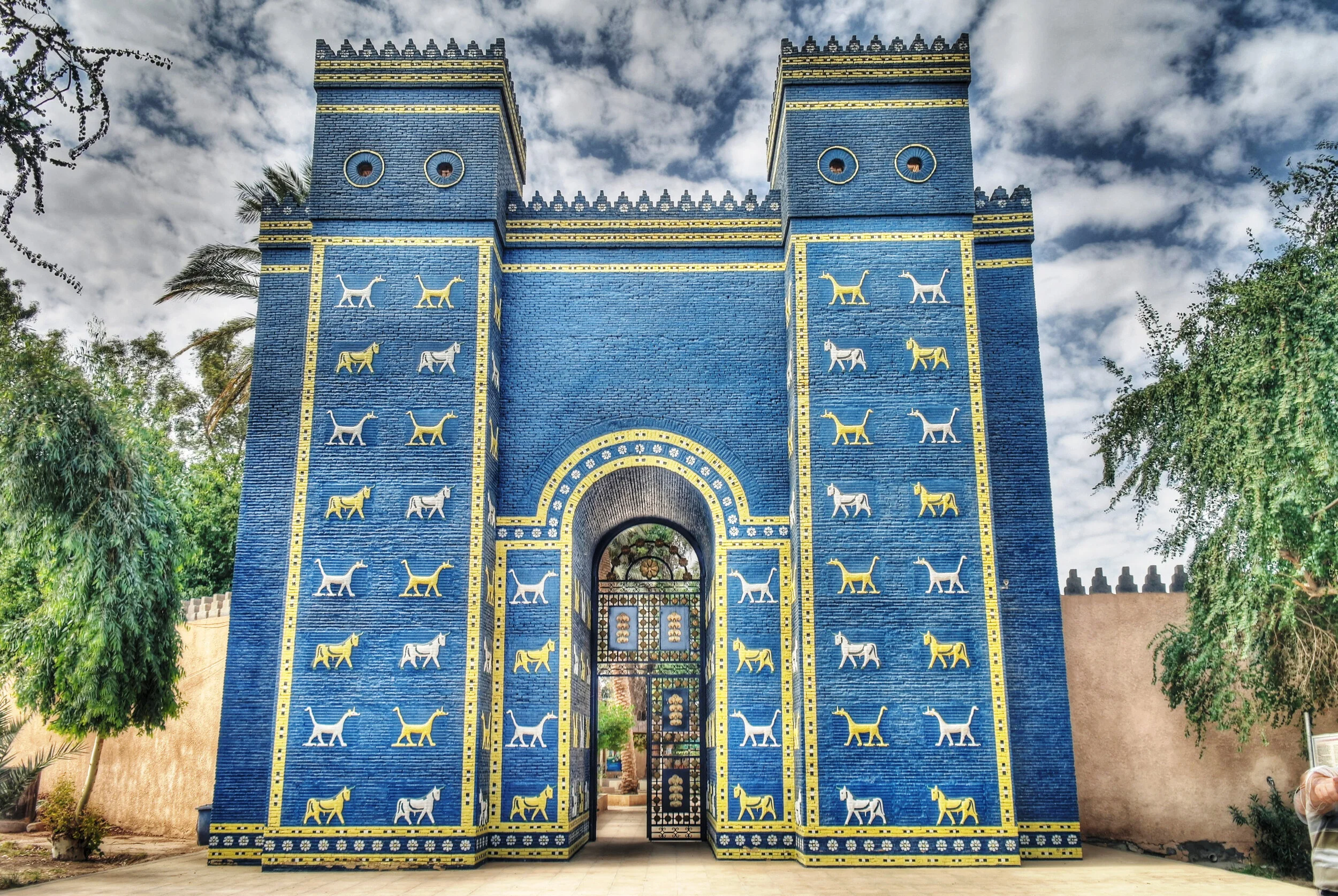And so it is that with an incomplete return, inferior temple, and immoral nation, the truth becomes even more evident that only the Son of God—the Lord Jesus Christ—can restore Israel (cf. Acts 1:6).
Read MoreThus, this narrative is not of good people doing good things for a good outcome, but of a good God bringing about a good outcome through sinful people.
Read MoreThrough a series of dreams and visions, God revealed to Daniel not only much about His predestined plans for the future, but much about the coming one world ruler who would try (unsuccessfully) to stop them.
Read MoreSo it was that Ezekiel comforted them with a promise that God would seek out His sheep, destroy their enemies, regenerate the heart of the entire nation, and—in one of the most memorable illustrations of salvation—raise an entire valley of dead bones back to life. In other words, there would be a day in which God would single-handedly grant spiritual revival to all Israel (cf. Rom. 11), just as He does in the life of each individual who comes to saving faith today.
Read MoreYet, in spite of their sin, God had not forgotten about His people—nor His enemies (cf. Lam. 3:59-66). With such an exalted view of God, it’s no surprise that in 1925, Thomas Obadiah Chisholm (1866-1960) wrote the famous hymn “Great Is Thy Faithfulness,” based on the third lament in this book.
Read MoreJust as a potter can reshape a spoiled jar, so too could God reshape the nation (cf. Jer. 18:6). And in fact, God promised He would do just that. There would indeed come a day in which God would provide a New Covenant, one that—unlike the Mosaic Covenant—would be permanent, personal, and perfect (cf. Jer. 31:31-37).
Read MoreThe evidence that Habakkuk understood all of this is found in the final chapter, in which Habakkuk uttered a lyrical, liturgical prayer expressing that he indeed would trust God no matter the circumstances.
Read MoreAs divine warning shots, those past acts of judgment merely foreshadowed the judgment that God still has yet to unleash upon the earth. Zephaniah prophesied that there is coming a time in which the whole earth will be consumed (cf. Zeph. 1:18).
Read MoreUnlike Jonah, who was a messenger of grace to the city of Ninevah one hundred years prior, Nahum was a messenger of judgment. Writing decades before the fall of Ninevah, during the reign of King Manasseh in Judah, Nahum not only predicted the outpouring of God’s wrath upon Assyria, he pronounced it—and for good reason.
Read MoreAside from the Psalms, no other book is referenced in the New Testament as much as the book of Isaiah. Thus, whether you are familiar with Isaiah’s prophetic word or not, your theology has been heavily influenced by it.
Read More









